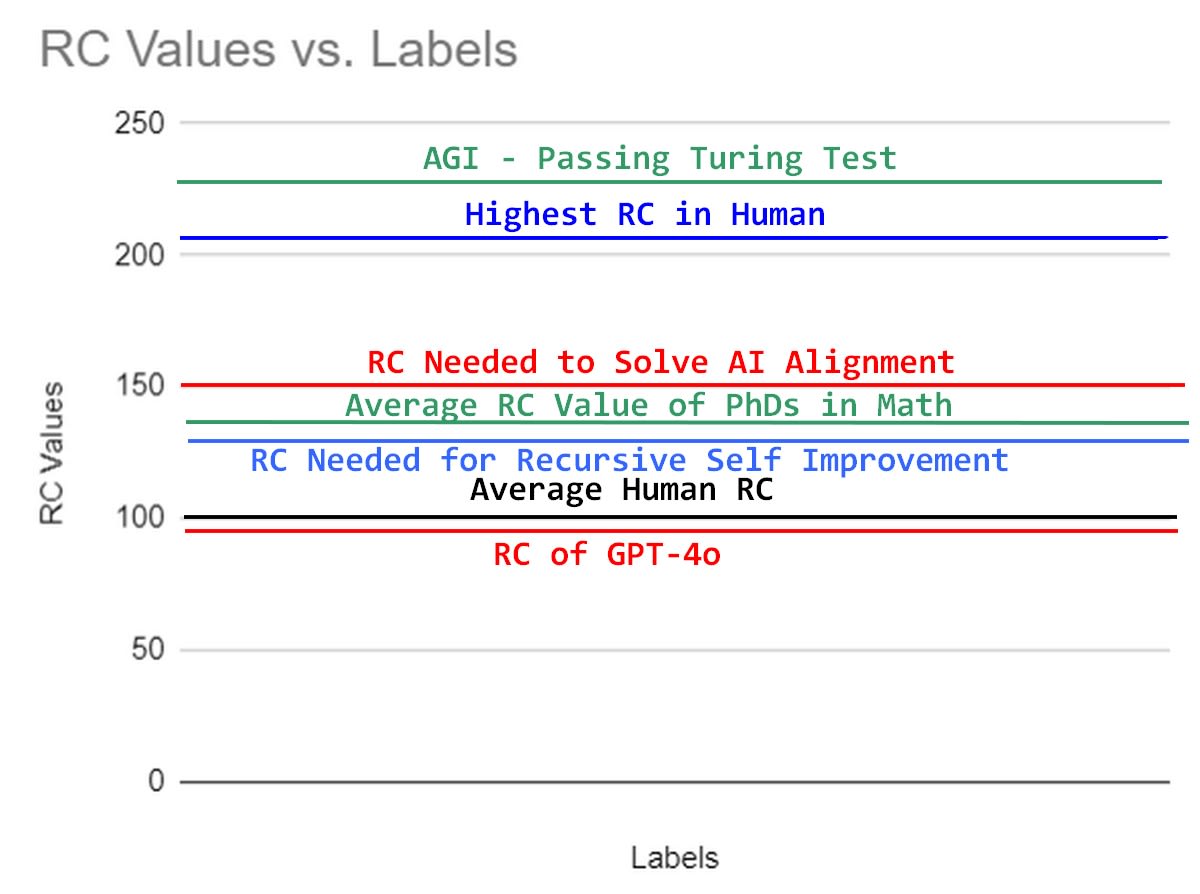I believe there are people with far greater knowledge than me that can point out where I am wrong. Cause I do believe my reasoning is wrong, but I can not see why it would be highly unfeasible to train a sub-AGI intelligent AI that most likely will be aligned and able to solve AI alignment.
My assumptions are as follows:
- Current AI seems aligned to the best of its ability.
- PhD level researchers would eventually solve AI alignment if given enough time.
- PhD level intelligence is below AGI in intelligence.
- There is no clear reason why current AI using current paradigm technology would become unaligned before reaching PhD level intelligence.
- We could train AI until it reaches PhD level intelligence, and then let it solve AI Alignment, without itself needing to self improve.
The point I am least confident in, is 4, since we have no clear way of knowing at what intelligence level an AI model would become unaligned.
Multiple organisations seem to already think that training AI that solves alignment for us is the best path (e.g. superalignment).
Attached is my mental model of what intelligence different tasks require, and different people have.
Figure 1: My mental model of natural research capability RC (basically IQ with higher correlation for research capabilities), where intelligence needed to align AI is above average PhD level, but below smartest human in the world, and even further from AGI.

If there exist such a problem that a human can think of, can be solved by a human and verified by a human, an AI would need to be able to solve that problem as well as to pass the Turing test.
If there exist some PhD level intelligent people that can solve the alignment problem, and some that can verify it (which is likely easier). Then an AI that can not solve AI alignment would not pass the Turing test.
With that said, a simplified Turing test with shorter time limits and a smaller group of participants is much more feasible to conduct.